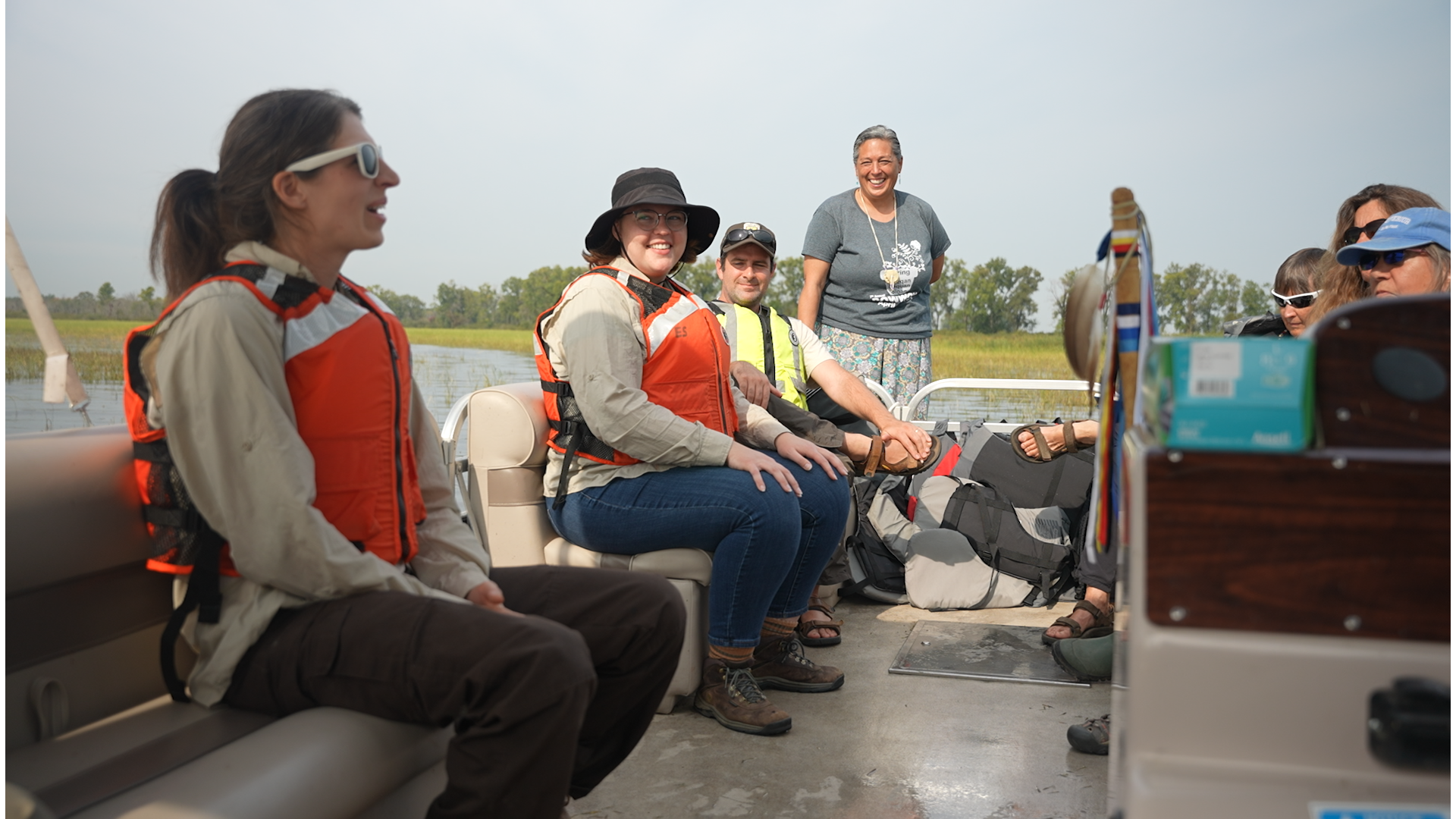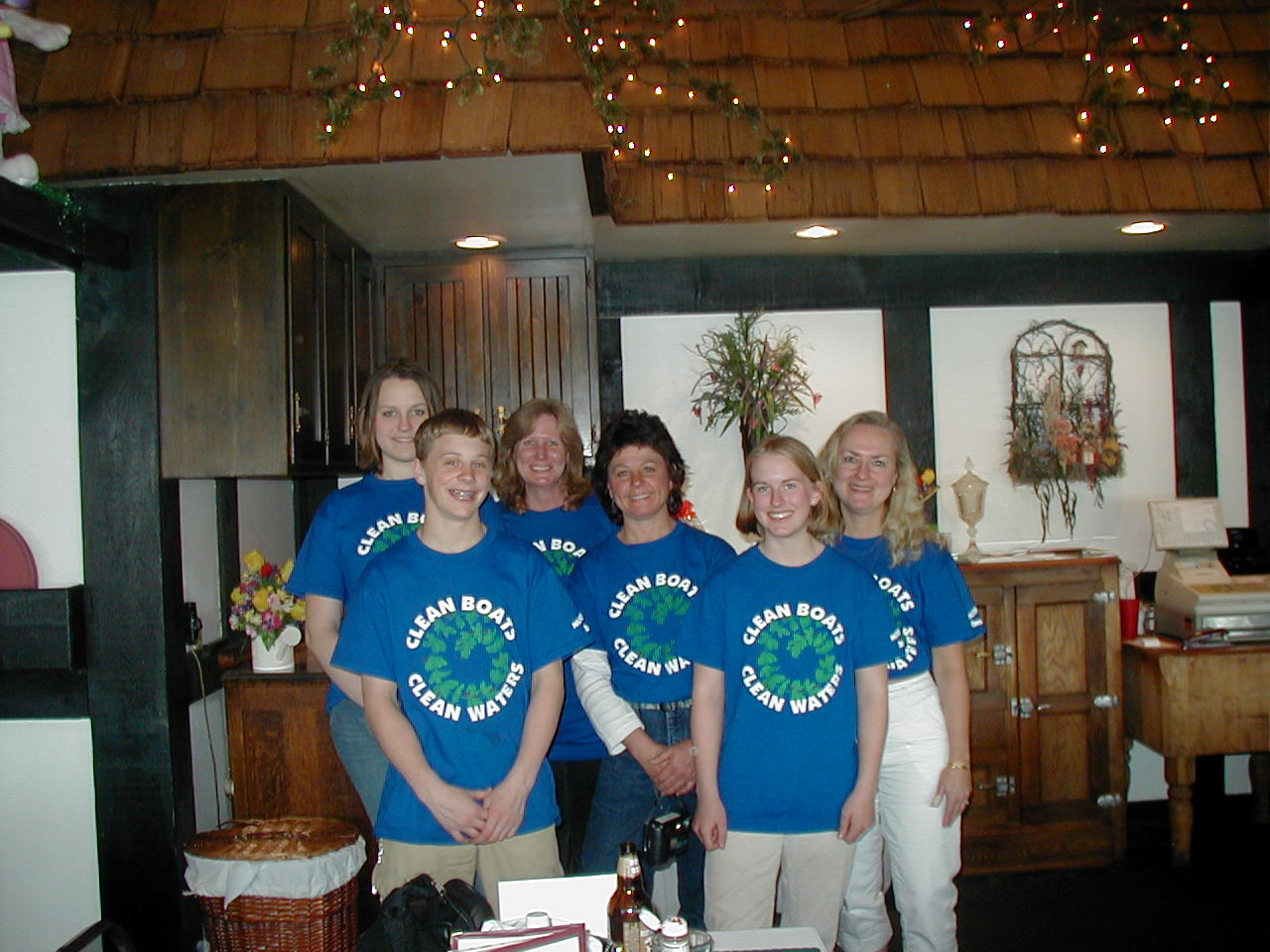While Milwaukee is home to abundant beaches and parkland along Lake Michigan, visitors won’t come to those urban beaches if they perceive water quality to be poor. Such is the case with South Shore Beach, located at 2900 S. Shore Drive, where high levels of E. coli result in beach closures and health advisories that can span over 60% of the days from June through August—prime swimming time.
Local officials are currently considering a variety of proposed solutions that would relocate the beach south of its current spot, where water circulation and water quality are significantly better. Research done by Wisconsin Sea Grant and the School of Freshwater Sciences (SFS) at the University of Wisconsin-Milwaukee has informed this analysis.
In 2017, Jane Harrison, a former Wisconsin Sea Grant social scientist who is now with North Carolina Sea Grant; Kristina Surfus, director of legislative affairs for the National Association of Clean Water Agencies; and Professor Sandra McLellan of UW-Milwaukee issued a policy brief that enumerates reasons for moving South Shore Beach 150 meters south of its current site.
As the brief noted, “More than fifteen years of water quality research demonstrates that the area just 150 meters to the south of the current South Shore Beach site has 40 times better water quality,” due in part to greater water movement in this area.
Research further suggests that a safer, relocated beach would attract more visitors, spurring economic activity and a greater sense of connection between citizens and their freshwater environment.
Sea Grant-supported research also revealed that the public is prepared to make a financial investment to boost water quality and create a consistently swimmable beach.
The Milwaukee Journal Sentinel recently reported on the status of proposals to relocate South Shore Beach and the county’s work with a Madison-based consulting firm. “The county parks department will publish a report on the beach relocation study by the end of this year that will include a recommended alternative,” noted reporter Don Behm.
Milwaukee County Parks landscape architect Therese Gripentrog said that the parks department will soon seek public comment on proposed alternatives via its website.
In Wisconsin Sea Grant’s 2014-16 research cycle, UW-Milwaukee’s Sandra McLellan was funded for the project, “A Tale of Two Beaches: Bridging the Research and Policy Gap to Improve Urban Beach Ecosystem Health.” That study examined South Shore Beach and Bradford Beach.
In subsequent cycles (2016-18 and 2018-20), McLellan has continued to work on E. coli issues as they pertain to beach sand and beach monitoring.
While Wisconsin Sea Grant does not advocate for specific policy changes, the organization provides trusted science to inform the public and aid in decision-making. Headquartered at the University of Wisconsin-Madison, Wisconsin Sea Grant is part of a national network of 33 university-based Sea Grant programs.





